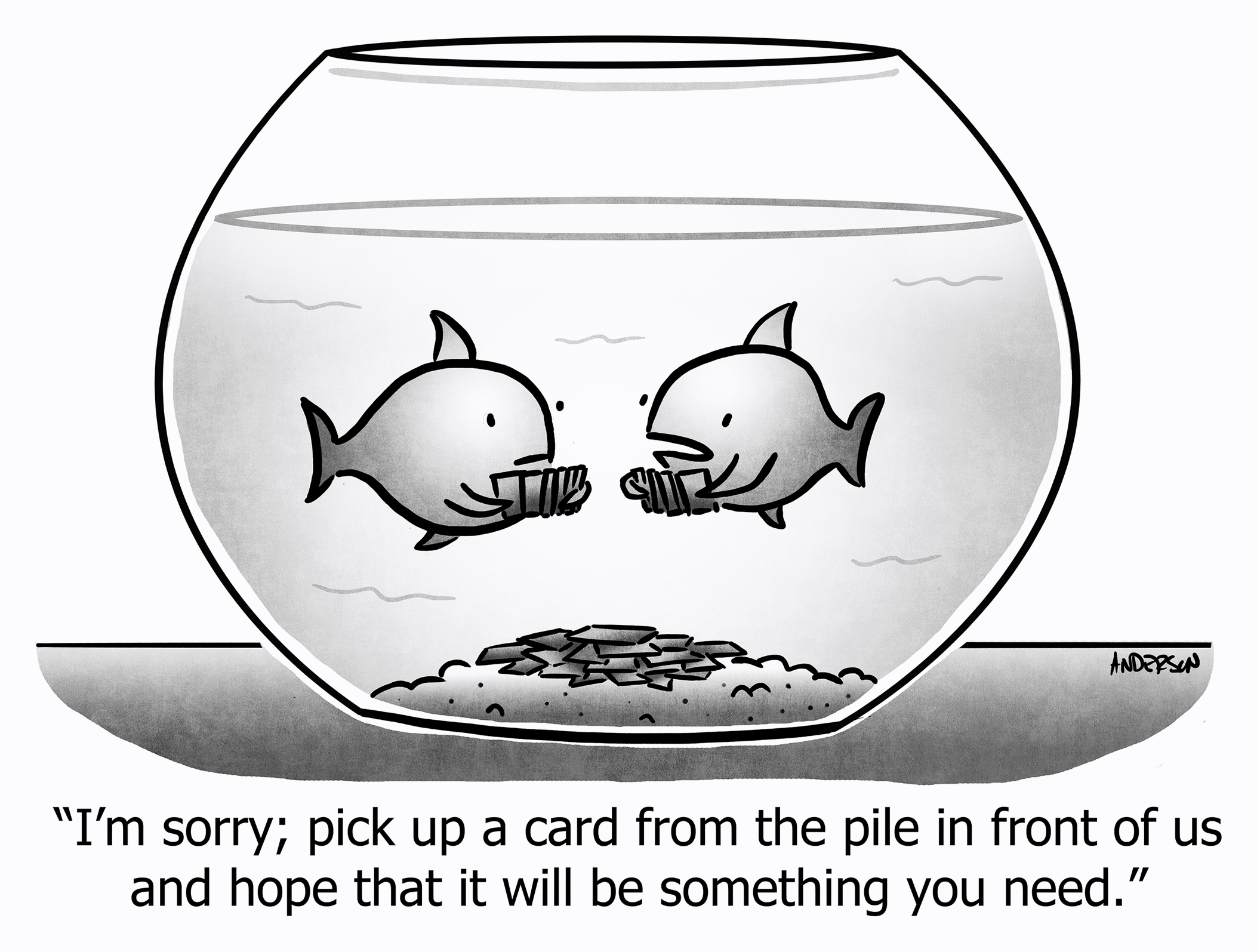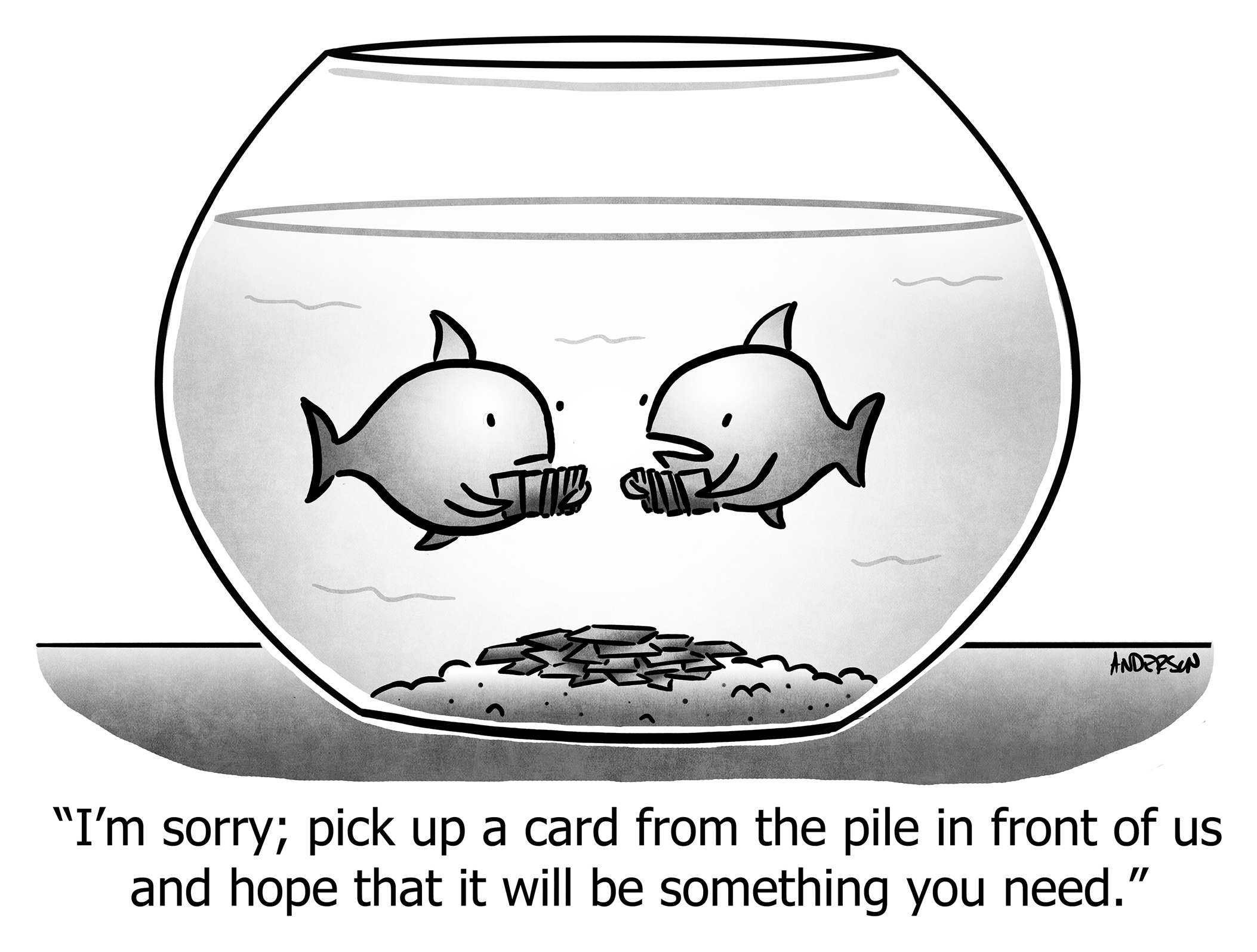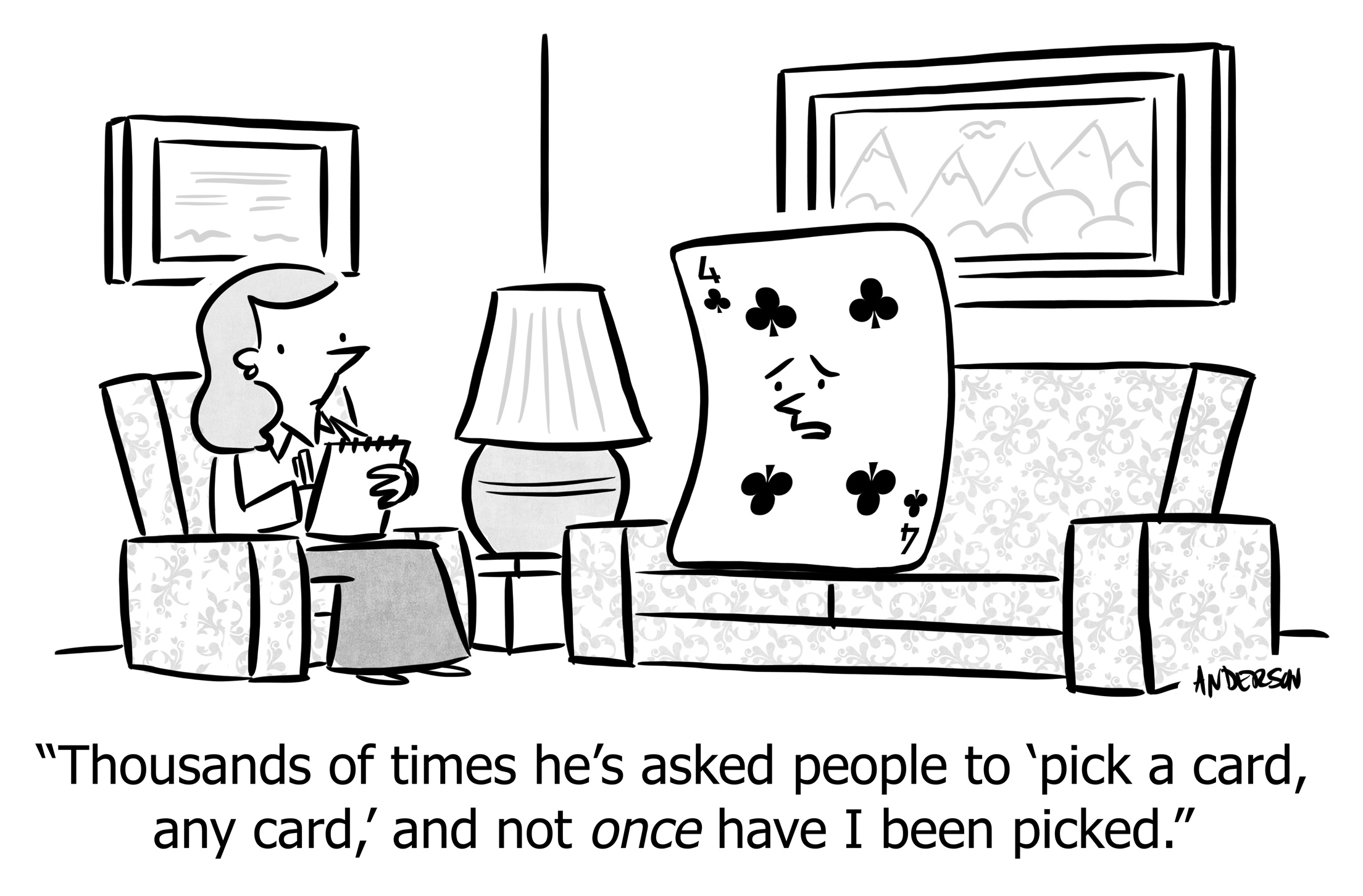Pick one and own it
If your company were allowed only one advantage over the competition, what would a sales call look like, starting with your 30-second pitch, then dealing with skeptical questions, earning this potential customer’s interest, respect, and eventually money, all with only one advantage?
Impossible? Pointless? Neither!
You should go through this exercise because this skill is valuable in every sales call. Sometimes you’re defending the few advantages you have over a specific competitor. Sometimes you’re arguing the virtues of small businesses over large ones. Sometimes you’re defending your product against what the potential customer perceives as a glaring lack of functionality.
Hanging your hat on just one advantage that you can own completely is stronger than diluting your message by making many assertions.
It’s not just in face-to-face sales calls either. Your homepage becomes laser-focused. Your advertisements become pointed, powerful, pithy, and other words starting with “p.” Your 30-second pitch becomes compelling. You know what to blog and Twitter about. Your 5-minute product demo reinforces a singular point. Everyone knows who you are and where you stand. Especially Carol: Your extra-special ICP (Ideal Customer Profile).
At least on this one point, you’re untouchable. Doesn’t that sound nice? It is nice.
But don’t you need lots of advantages to overcome sales objections and competition? No. Let’s see how to riff off single advantages, using them to answer a range of skeptical questions and concerns.
If nothing else, this should get your juices flowing and make future sales calls and marketing messages more effective.
Most Expensive
You: We’re the Cadillac tool—the most expensive, but also the best. I know, “most expensive” doesn’t automatically imply “best!” But in our case you get what you pay for.
Customer: Hmm, I don’t know, budgets are tight. We’re thinking of going open-source—it’s free.
You: Open-source is free like puppies are free. You don’t write a check to get it, but you have to support it for life. Your employee’s time is not free. Working around bugs is not free. Having nothing but the Web of Lies internet to rely on for tech support is not free. See, we don’t line our pockets with that revenue, we spend it making you maximally effective. We answer the phone on the first ring. When you have a problem, we connect you directly with developers instead of hiding behind off-shore Level 1 support. We’ll stay on the line with you at 3am as you work through a problem. We’ll do a conference call helping you through best-practices on using the tool for your specific purpose. We do things an open-source project cannot do.
Customer: OK, that’s useful. But BigCorp offers 24/7 tech support too and they have consultants.
You: It’s quality, not quantity. Let’s get specific. We employ actual software developers for Level 1 tech support and email, so you’re talking to someone who not only can answer every question but can even read the code to get answers. You’re talking to someone who has the power and ability to change the code to fix a bug or add a feature. That’s an inside track that no big company will offer. And consultants? Our consultants write blog posts about best practices. Our consultants live with the entire team every day. Our consultants train with the top experts in the field, who we can afford because we’re the Cadillac. You’re not getting someone who realized they can turn a buck installing high-priced software—you’re getting true experts giving you insight that only we can provide.
Customer: I’m also checking out SimpleCo’s tool. They’re much cheaper, and although they don’t have as many features, it seems simpler to use.
You: Just because they do less doesn’t mean they’re easier to use. For example, one of the reasons we’re expensive is that we integrate with 20 other software packages. That’s great for you, because it means we interoperate with more of your other tools—including that tool you’re going to buy next year but you don’t know it yet. But it’s not more complex for you, because if you don’t use an integration, that has zero impact on your day-to-day use. There’s a myth that “more features are always more complex,” but that’s just bad user interface design. And yes, you guessed it, we can afford awesome user interface experts who help us avoid those mistakes.
Customer: But still, even if I agree with all that, I still have to justify the budget today.
You: When you factor in the cost of the tool, also factor in the cost of failing to be successful with the tool. To spend many months installing, integrating, training, learning, customizing, fighting, on the line with tech support, only to have it fail in the end—having to rip it out, then go through the whole process again with a new tool. Multiply that by the chance the tool will indeed fail. Sure it’s possible that any tool could fail, but with us—more features, better support, expert help—it’s less likely to happen. Oh, and besides the catastrophic expense, what’s the effect on your personal career? What’s best for you and your company is to bet on the best.
(Will this work? I don’t know, but at least the talk-track is clear.)
Obsessed with Quality
You: Software is so crappy nowadays, we expect failure. We expect bugs. We expect to be helpless, to just have to “deal with it.” At AwesomeCorp, we say that’s unacceptable.
Customer: Yeah…. so you’re saying you have no bugs at all?
You: No, I’m saying we’re maniacal about finding bugs, and when you find one we’re incredibly fast at fixing them. It’s not unusual to have a fix in under 24 hours. All software can have bugs, but no one is more committed to fixing them.
Customer: Well if that’s true, that’s good. But I’m currently trialing BigCorp’s tool and they have more features than you. I don’t know which we’ll need, but I have a problem buying a tool that doesn’t do much.
You: It sometimes sounds like “more bullet points of more features” is always better, but you and I have used software that claimed to have lots of useful features that didn’t really work in reality. Usually the more features a product has, the worse each feature is. Try uploading a huge file to BigCorp’s tool—oops, it breaks! To us, saying you have a feature when in reality it’s full of holes is dishonest. We’d rather know we have fewer features that we actually stand behind rather than claim to have features that are just incomplete.
Customer: OK, I can appreciate that, but what about OpenSourceOrg’s tool? I know it doesn’t do quite as much as yours, but free is free!
You: Yup, free is free… until you run into a bug. It’s free until it has a security breach that you didn’t find out about for two years. It’s free until you notice there’s incorrect data floating around. It’s free until you need something and there’s no one to ask. Of course they say “you can fix that bug yourself” or “you can add that feature yourself,” but that ain’t free! And even if you invest the effort, if they don’t accept your patch you’ll constantly have to re-patch when you get updates. Bugs are a reality, and that’s when open-source starts to become non-free in a hurry. We, on the other hand, never charge you for bug fixes, even years later, because we’re 100% committed to quality code.
(Will this work? I don’t know, but at least the talk-track is clear.)
Small Company
You: If you haven’t worked with a small company before, you’re in for a nice surprise: Smart people you can actually talk to, people who care about what you need, people willing to go out of their way to make sure you’re successful. It’s why people love small companies.
Customer: I get that, but little companies fail all the time. How do I know you’ll be around to give me that great support?
You: You say that as if big companies are stable during recessions and accounting scandals! You say that as if big companies don’t cut entire product lines if they’re not profitable, or sell them off even if they are. It’s impossible to know when a big company is about to discontinue your product, and it happens all the time.
Customer: You say you have great support, but BigCorp is the one with 1000 developers and support engineers willing to help me.
You: “Willing” to help you perhaps, but able? Typically the software developers are shielded by “Level 1 support”—people without power, certainly not the power to get your feature requests into the pool. In fact, wouldn’t you agree most tech support feels like a shield rather than a help? Even if you get a bug into the pile or a feature onto the list, big companies release new versions infrequently, so you might have to live without it for a year. Not us. You get to complain directly to the engineers who can fix the problem in weeks—sometimes days.
Customer: But they have 24/7 support. Do you have that?
You: No, we don’t pay folks we’ve never met $1.25/hour to answer the phone at 3am PST so they can tell you to reboot your machine and RTFM. Instead we pay actual software developers $75/hour to talk with you in person about exactly what’s wrong, either solving the problem or getting it fixed ASAP. Sometimes we even write special code just to get you running again, tiding you over until a proper fix is released. Try getting that from BigCorp!
Customer: Well if that’s true, that’s good. But BigCorp also has more features than you.
You: Do you really want your tools to have “more features,” or is it really that you want your specific needs met, and “more features” could potentially mean that more of your needs are met? We believe the point of software is to solve your problems and make your life better without incurring too much new expense in time and money. Even assuming BigCorp’s has one or two features you like today, what about in six months when you’re deep into the tool and realize there’s 10 more things you really want? Do you expect them to add half of those to their next release? Because that’s exactly what we’re going to do—hold proactive meetings to find out what you need to be most productive, and agree to add those as soon as we can. Don’t ask “Which tool will satisfy my needs today,” ask “One year from now, which tool will be satisfying my needs, including the ones I can’t foresee?”
(Will this work? I don’t know, but at least the talk-track is clear.)
Why try to defend ten points when you only need one or two to make your case?
Why not focus your message, focus your behavior, focus your UX, focus your product, focus your target customer, and focus your sales pitch?
It’s already hard enough to stake out a niche in this massive world! Don’t dilute your message.
https://longform.asmartbear.com/one-benefit/
© 2007-2026 Jason Cohen
 @asmartbear
@asmartbear








